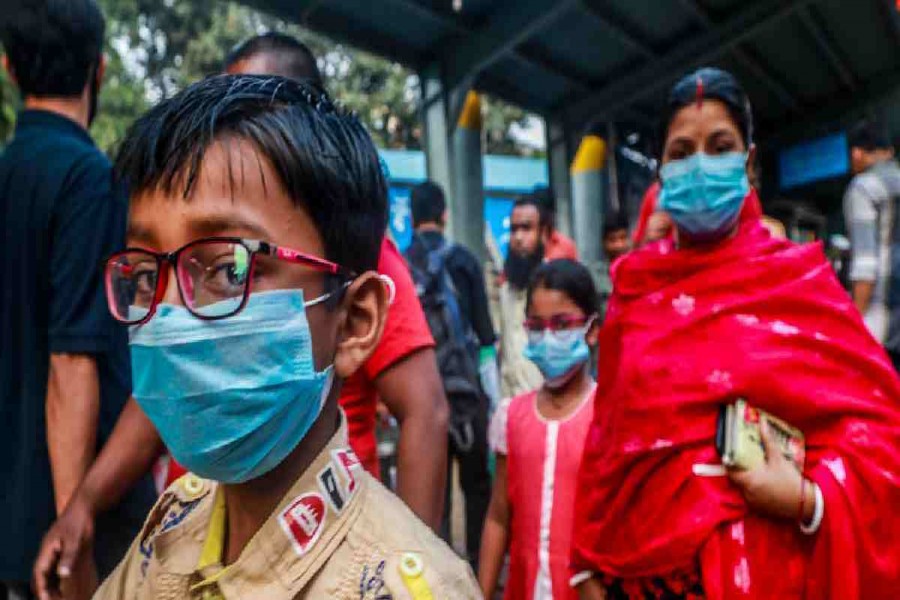
Published :
Updated :

Coping with change is something we’ve all been having to confront over the last months due to the current pandemic. Some people flow easily with changes, even welcoming the new opportunities that change brings. Others, however, find change overwhelming, stressful, and uncomfortable.
We are told the future is expected to bring more and faster changes to our lives. Future job markets for students are expected to be constantly evolving, changing, and with increasing rapidity.
In order to prepare our children for the future, how can we create the flexibility, adaptive skills, and creativity needed to meet the needs of future jobs? It may be helpful to look at how we and our children coped over these recent months. What were the greatest challenges? How did families handle this? What were some of the advantages or positive outcomes of learning at home? These are clues that can guide us for our future confrontations with a rapidly changing world.
Younger children are more flexible and adapt to changes around them. Although they don’t have the cognitive awareness to questions think and take responsibility, they do have a wide-open way of looking at things, letting go, and moving on. They are better able to generate a wide range of possibilities because they are less aware of restraints yet. Think about the tower building experiments where five-year-olds typically outrank adult engineers when coming up with creative ways to build a tower from marshmallows and straws.
One way to continue to support creative solutions to surprises or unexpected difficulties is to ask children what they think. Reflect on what they are saying to build confidence. Another is to allow children to participate in brainstorming or generating solutions to a problem. Accept all outlandish and odd ideas. This may generate more ideas. Weigh the pros and cons together out loud. “But if we did this, then that would happen.” Model thinking out loud to demonstrate adults don’t know everything. “First maybe we could try...” and so on.
The way parents handle change inadvertently teaches children how they should handle change and solve new problems. If parents rant and complain, throw their hands up in exasperation, get angry, become anxious, and hyper-vigilant, chances are children will learn that this is how to cope.
Unexpected changes are part of life. Learning to take a deep breath, pause and think, make a plan, except the things we cannot change, and come up with new ideas will support the next generation in dealing with life’s challenges.
Allowing children to play a part in this process allows them not only to become a useful member of the family community but strengthens their confidence themselves. This opportunity also honors the flexibility and open-mindedness that younger children bring to the table when looking for solutions.
Vivian Huizenga M.Sc.
Primary Counselor
International School Dhaka


 For all latest news, follow The Financial Express Google News channel.
For all latest news, follow The Financial Express Google News channel.